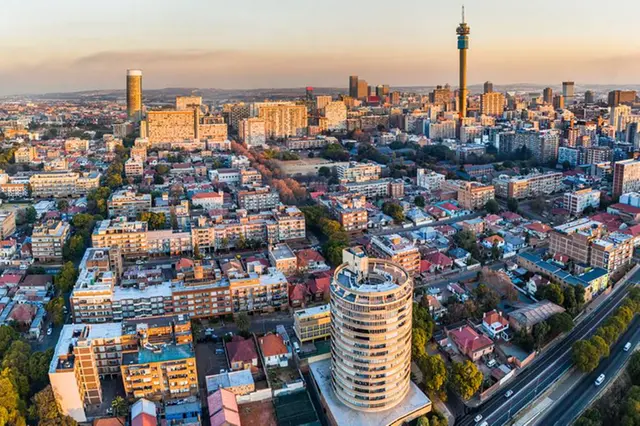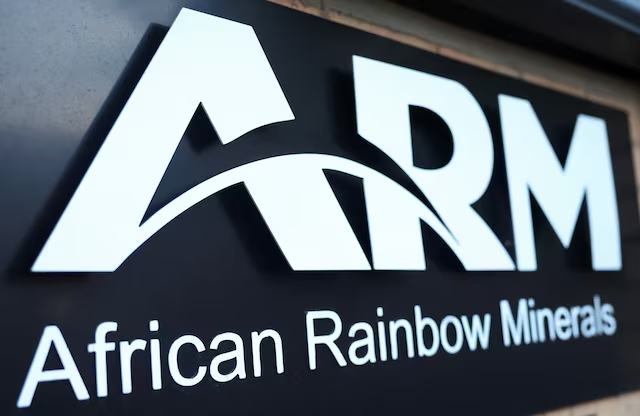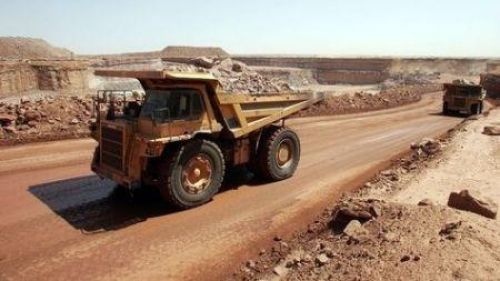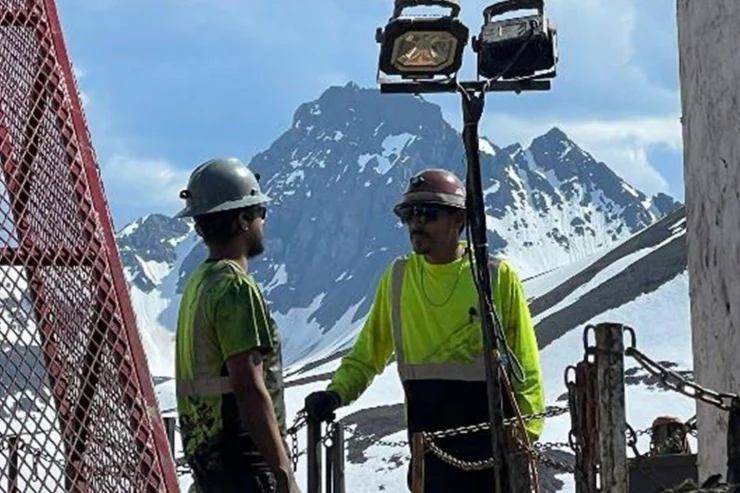Mining

South Africa’s 2025 budget: Unlocking mining's full potential could reshape South Africa's economy

While Finance Minister Enoch Godongwana's budget delivered on Thursday, 12 March, provides some welcome support to the mining sector, the full potential of mining needs to be unlocked to prevent additional tax rises in coming years.
World Finance The Minerals Council of SA, responding to the Budget Speech delivered on 12 March, says the full potential of mining needs to be unlocked to prevent additional tax rises in coming years
This is according to the Minerals Council South Africa(MCSA) in response to the budget delivered on Thursday, 12 March, by Finance Minister Enoch Godongwana.
On a positive note, the budget, starting 1 April, gives primary sectors like mining a refund of all eligible diesel purchases declared to the SA Revenue Service (SARS). Currently, the refund is capped at 80% of eligible diesel purchases.
In addition, regarding the carbon tax, the Minerals Council supports and welcomes the five-year extension (to 31 December 2030) of the commitment to electricity price neutrality as well as the three-year extension of the basic tax-free allowance.
Electricity price neutrality refers to a regulation that disallows Eskom from making provisions in its electricity tariff application for the carbon tax.
A further positive development is the proposed increase in the carbon offset allowance by five percentage points from 1 January 2026.
As in previous budgets, the steps announced by Finance Minister Enoch Godongwana highlight the imperative of higher rates of growth in the domestic mining sector as well as the overall economy.
An underperforming mining sector
However, the MCSA notes that sustained higher growth rates are the only way to ensure a durable improvement in South Africa’s public finances.
“Sustained weak real GDP growth, in part as a result of an underperforming mining sector, means that the economy is unable to generate sufficient revenue to, amongst others, finance large pro-poor expenditure, as well as a bulging public sector wage bill,” says Hugo Pienaar, chief economist at the MCSA.
The only way to break the sub-optimal cycle of tax hikes or spending cutbacks to frontline services is through higher rates of GDP growth that is inclusive,” adds Pienaar.
In the interim period as growth picks up, the Minerals Council supports the additional funding to the SA Revenue Service (SARS) to improve tax efficiency and broaden the tax base.
Notwithstanding the tax hikes, as a result of additional spending allocations, gross government debt as a percentage of GDP is projected to peak at a somewhat higher level of 76.1% in 2025/26.
This compares to Treasury’s forecast at the time of the Medium-Term Budget Policy Statement (MTBPS) in October 2024 that public debt would peak at 75.5% of GDP in 2025/26.
Mining sector profitability under pressure
The tax measures in the 2025 Budget should be seen in a context where mining sector profitability has been under pressure, reducing Treasury’s tax take from mining.
Stats SA’s latest gross operating surplus (GOS) data, which provides a broad measure of profitability, indicated that for the second consecutive year, mining profits declined on an annual basis in 2024.
After plunging by 18.5% in 2023, the GOS for mining declined by a further 1% during 2024.
Against this backdrop, provisional tax data in the Budget showed that corporate tax collections from the mining industry are expected to contract by a significant 28% year-on-year during 2024/25 (April 2024 to March 2025).
The Treasury estimates that revenue from mining and petroleum royalties will be down by a similar (large) magnitude, from R15.9bn in 2023/24 to a revised estimate of R11.3bn in 2024/25.
Treasury had banked on R16bn in royalty payments during 2024/25.












